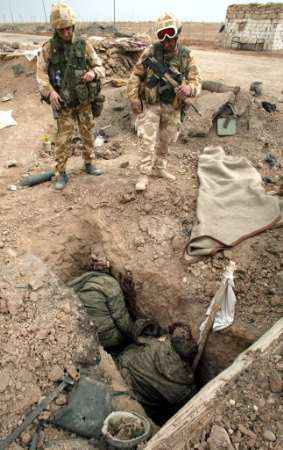 Hard on the heels of the UN-ECE Aarhus Compliance Committee (see my previous post), Lord Justice Sullivan’s Working Party on Access to Environmental Justice has similarly condemned the current system under which judicial review claimants face an onerous costs burden when they advance claims which do not ultimately succeed.
Hard on the heels of the UN-ECE Aarhus Compliance Committee (see my previous post), Lord Justice Sullivan’s Working Party on Access to Environmental Justice has similarly condemned the current system under which judicial review claimants face an onerous costs burden when they advance claims which do not ultimately succeed.
The Working Party reported initially in May 2008 on access to justice in environmental cases, and was critical of the current costs regime. Its current focus is rather narrower that the recent conclusions of the Aarhus Compliance Committee, but potentially more effective thanks to that focus. It reviews the rather fuzzy case-law on Protective Costs Orders, fashioned by the judges to help Claimants against unlimited costs liabilities. The report can be read here.









